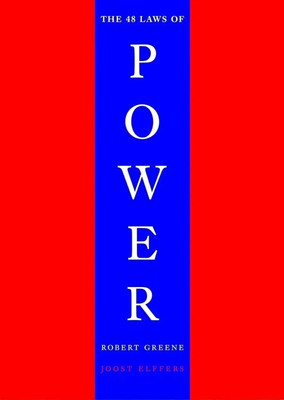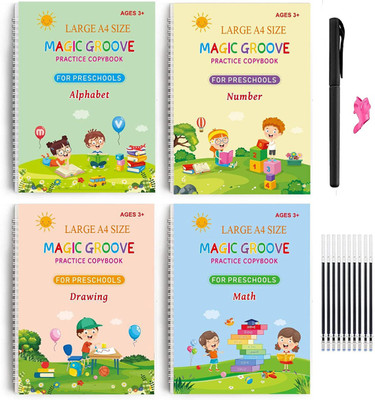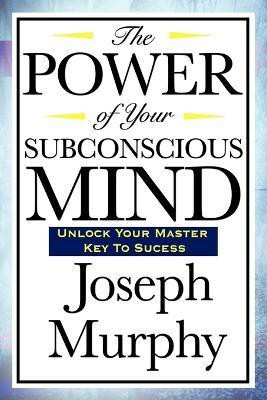
Einstein's Violin (English, Paperback, Wadle Douglas)
Share
Einstein's Violin (English, Paperback, Wadle Douglas)
Be the first to Review this product
₹976
₹1,141
14% off
Coupons for you
T&C
Available offers
T&C
T&C
T&C
T&C
Delivery
Check
Enter pincode
Delivery by13 Nov, Thursday
?
View Details
Highlights
- Language: English
- Binding: Paperback
- Publisher: Archway Publishing
- Genre: Mathematics
- ISBN: 9781665717793
- Edition: 1, 2022
- Pages: 228
Services
- Cash on Delivery available?
Seller
Description
Music brings great joy to many of us. But its other benefits often go underappreciated. Numerous studies and historical anecdotes highlight how powerfully music alters the human mind. Two characteristics drive most of music’s cognitive benefits: It builds a faster highway between the right and left sides of the brain, enabling greater cooperation between the logical and the creative. It also creates a vast mesh of connectivity within the brain, like a microcosm of the World Wide Web. In a fascinating study, Douglas Wadle celebrates the juxtaposition of art and science while examining music’s influence on humanity’s understanding of our place in the universe. Tracing the millennia-old love affair between music and science, Wadle chronicles the surprising ubiquity of musical training among history’s greatest thinkers. He shines a spotlight on the intertwining stories of pattern and form and how they complement one another in our search for creativity and insight. Einstein’s Violin relies on extensive research to tell the story of how music impacts the pattern recognition software in our brains, facilitating more creative problem solving. Without digression into technical treatise, it focuses on the historical stories that best display music’s beautiful interaction with mind and universe.
Read More
Specifications
Book Details
| Imprint |
|
| Publication Year |
|
| Number of Pages |
|
Dimensions
| Width |
|
| Height |
|
| Length |
|
| Weight |
|
Be the first to ask about this product
Safe and Secure Payments.Easy returns.100% Authentic products.
Back to top




